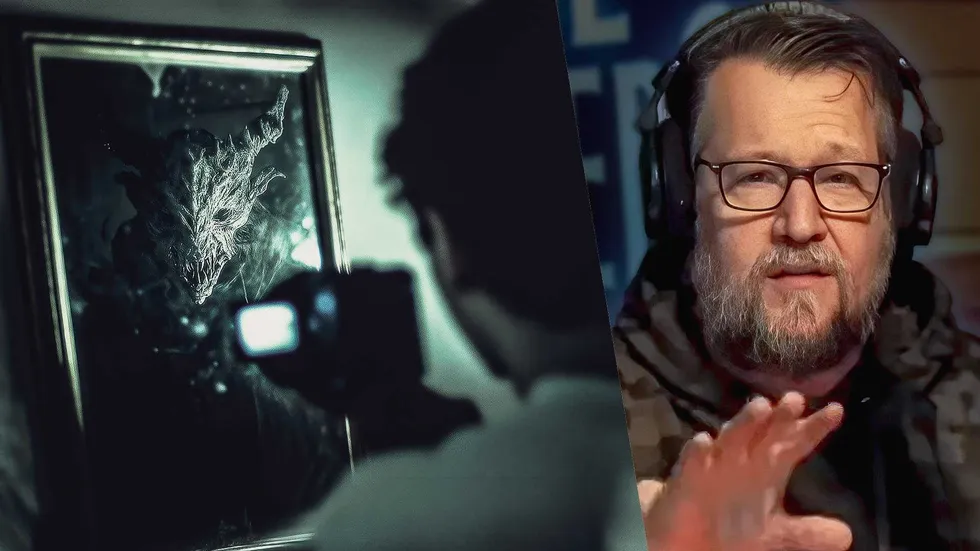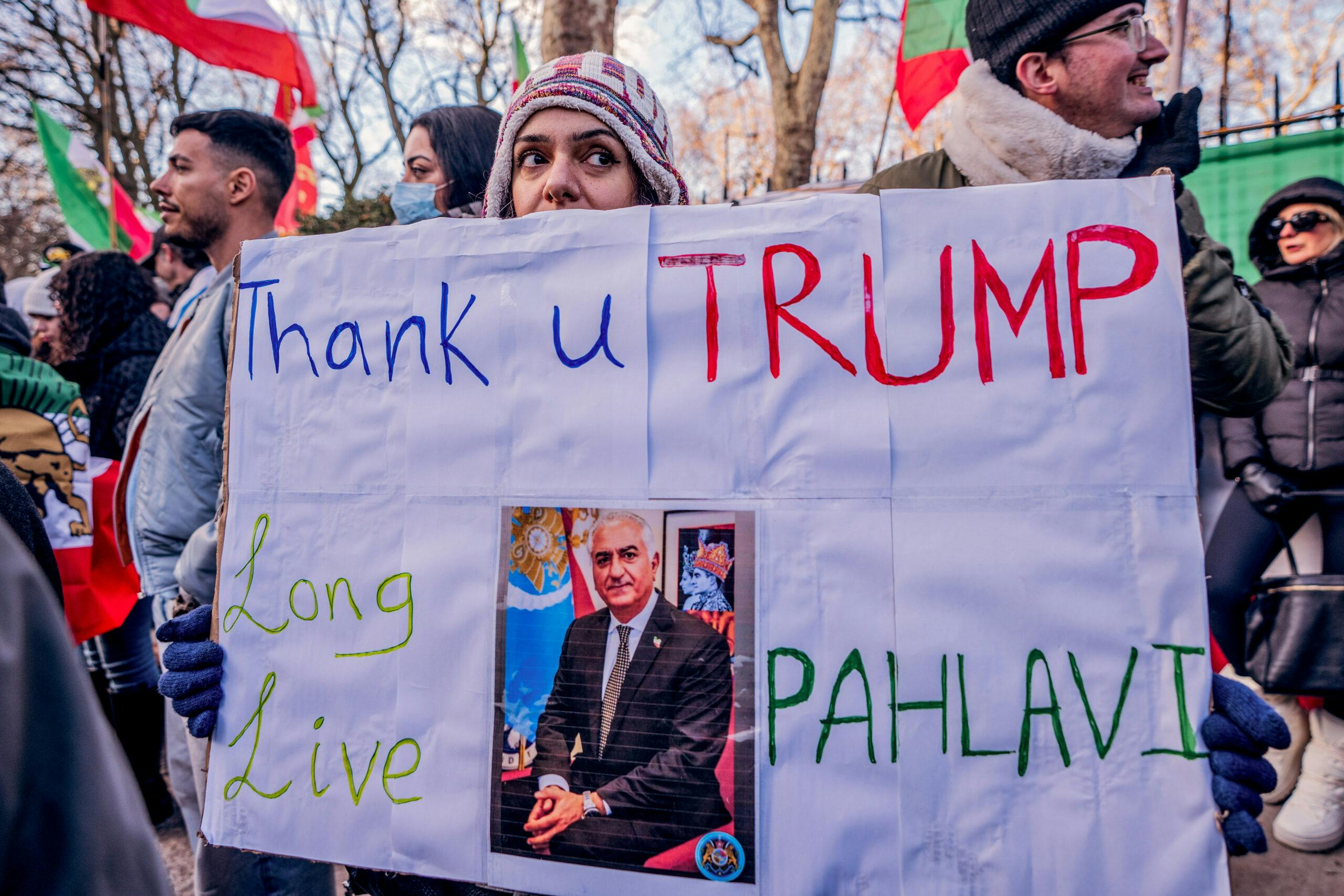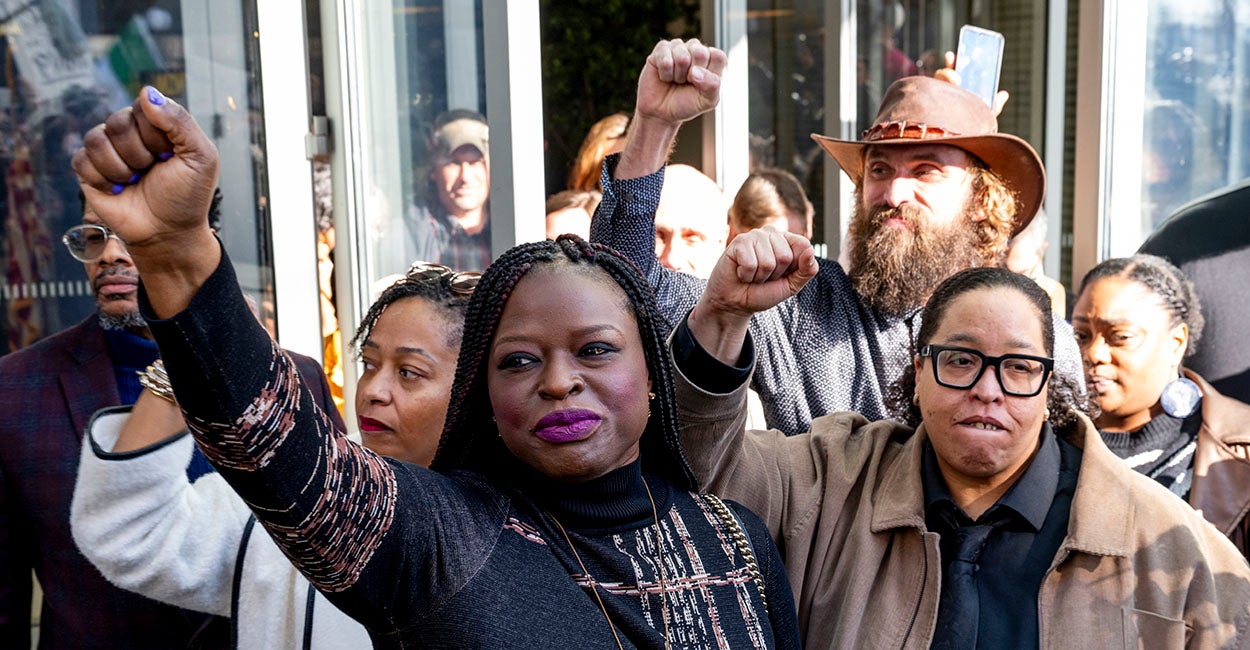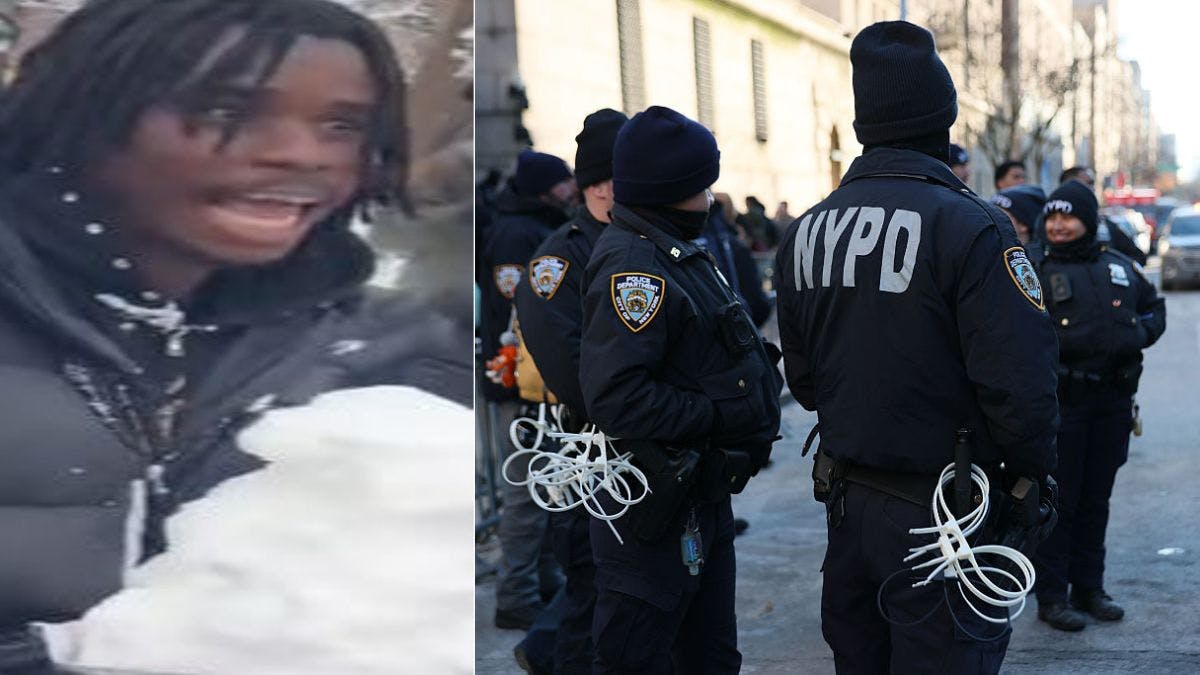Enraged Father of Slain Woman Makes the Case for Keeping Repeat Criminals Behind Bars

“I will fight until my last breath for my daughter. You need to fight for the rest of our children, the rest of the innocents, and stop protecting the people that keep taking them from us, please.”
Live Your Best Retirement
Fun • Funds • Fitness • Freedom
Those were the words of Stephen Federico, the father of a 22-year-old woman who was allegedly killed by a man who had faced 40 criminal charges in the years before her murder. He gave his impassioned testimony about the need for keeping more criminals behind bars at a House Judiciary Committee hearing on Monday.
Federico’s heartbreaking testimony vividly highlighted one of clearest reasons America’s Democrat-run cities face a serious crime problem: repeat offenders end up back out on the streets after being given countless chances by authorities.
It’s hard to listen to Federico speak about his daughter’s slaying and not be enraged.
“Bang. Dead. Gone. Why? Because Alexander Devante Dickey — who was arrested 39 times, 25 felonies — was on the street.”
“My daughter was forced on her knees with her hands over her head, begging for her life, begging for her hero—her father, me—that couldn’t be there. She was 5-foot-3, she weighed 115 pounds. My daughter wanted to be a teacher. She finally figured it out two weeks before she was executed,” Federico said. “And you will not forget her. I promise you: You will be sick and tired of my face and my voice until this gets fixed. I will fight until my last breath for my daughter.”
Federico and a handful of other witnesses had been called in to testify after the brutal killing of 23-year-old Ukrainian refugee Iryna Zarutska on a Charlotte, North Carolina train captured national headlines in September.
Zurutska was allegedly stabbed to death by Decarlos Brown Jr., a man with a long rap sheet of serious crimes and a history of mental illness. He should have never been on the street as even his mother insisted.
Incidents like what happened to Zarutska and Federico’s daughter aren’t just tragedies. They are severe and intolerable abridgements of justice. Their killers should never have been walking free. While they received nearly endless chances to prove that they could be anything less than a danger to themselves and the public, their victims won’t get another chance at anything.
As I wrote in the wake of the Charlotte killing, there needs to be a national reckoning on crime much like there was in the 1990s. The “Defund the Police” movement that emerged in 2020 and quickly burned itself out after crime exploded had nearly everything wrong. America didn’t need to defund the police. It didn’t need to “abolish prison” as some of the loonier activists demanded.
Instead, we needed to double down on targeted policing and extended prison sentences for repeat offenders. Those with mental illnesses must be institutionalized.
A disproportionate number of crimes in the U.S. are committed by the exact same people.
Whether it’s shoplifting, car theft, or assaults on the subway, most crimes are committed by a handful of repeat offenders.
Murders, too, are typically committed by those who already have a long record of previous crimes.
The reason this problem seems to plague big, blue cities is because they are often controlled by those on the Left with an inverted sense of justice.
Their compassion extends to criminals who are so-called victims of the “system,” of inequality, racism, sexism, etc. Traditional victims are, to those on the Left, merely the casualties of systemic injustice. The individuals committing evil—this line of reasoning goes—need compassion, not more punishments. So, as they seek to tackle the “root” causes of crime, they end up creating weaker penalties for individual lawbreakers and focus on rehabilitating the criminals.
But these methods haven’t worked. They’ve created the conditions whereby there is now a sustained period of elevated crime, a feeling of urban chaos. Good people suffer because bad people and the outright deranged are set free.
As Rafael Mangual, author of the excellent book “Criminal [In]justice: What the Push for Decarceration and Depolicing Gets Wrong and Who It Hurts Most,” recently wrote in a co-authored piece in The Atlantic, the murders of Zarutska, Federico’s daughter, and many others should have never happened.
“The country’s criminal-justice and mental-health systems should prevent exactly such incidents. But in recent years, these systems have been weakened, their efficacy deliberately reduced,” he wrote.
Mangual and his co-author, Charles Fain Lehman, argued that stopping “high-frequency offenders requires meaningful—and mandatory—sentencing enhancements based on their criminal history.” They recommended a point system similar to the “three strikes” laws that became popular in the 1990s. That way, people with a long criminal history are removed from society. By strengthening and doubling down on three strikes type laws, we can drastically reduce crime going forward.
With a rededication to justice, we can reduce crime and make our homes, our streets, our parks, our subway lines, our towns, and even our cities places to thrive in and enjoy without fear.
The post Enraged Father of Slain Woman Makes the Case for Keeping Repeat Criminals Behind Bars appeared first on The Daily Signal.
Originally Published at Daily Wire, Daily Signal, or The Blaze
What's Your Reaction?
 Like
0
Like
0
 Dislike
0
Dislike
0
 Love
0
Love
0
 Funny
0
Funny
0
 Angry
0
Angry
0
 Sad
0
Sad
0
 Wow
0
Wow
0














































































